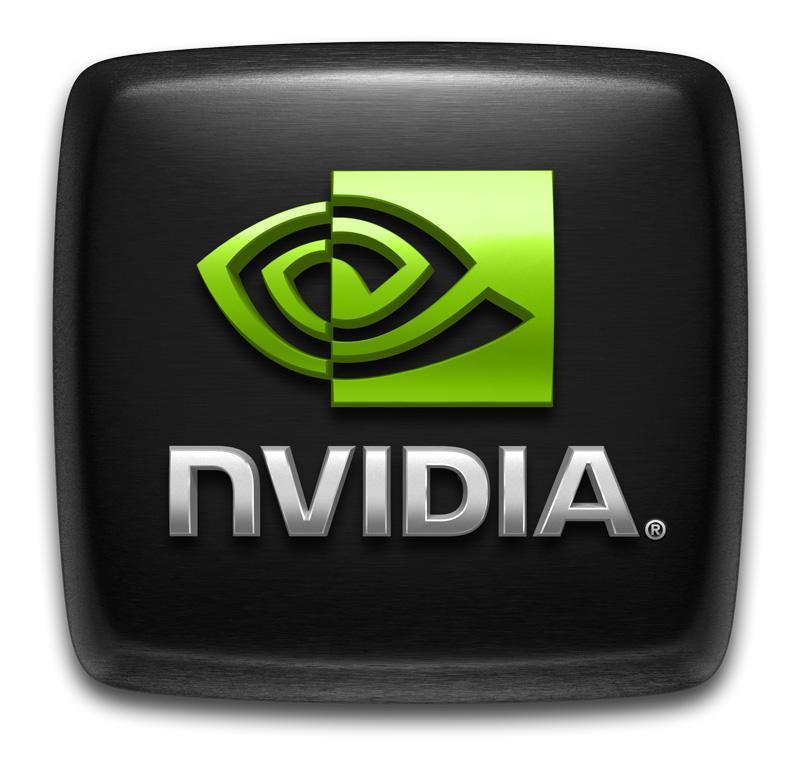Rambus Drops Some Charges Against Nvidia
The Saga continues...
Rambus, which has developed a reputation for tirelessly defending its patents, has loosened up on nearly half of its claims against Nvidia.
Rambus asked an administrative law judge at the International Trade Commission (ITC) to terminate the investigation of Nvidia relating to four of the nine patents stemming from a complaint filed in November 2008.
“We are pleased Rambus has recognized the weakness of these patents and claims,” stated David Shannon, Nvidia executive vice president and general counsel. “These withdrawals represent essentially half of the patents and one third of the claims asserted against us, and we look forward to addressing the remainder of the case.”
The current ITC litigation originally included nine patents involving memory controllers related to graphics processors, of which now only five remain. We’ll keep you posted on what happens with those.
Get Tom's Hardware's best news and in-depth reviews, straight to your inbox.
-
apache_lives Does anyone seriously use a product featuring rambus designed components?Reply
Wheres the damn EU when you need it, oh wait there too busy picking on companies that actually make something useful. -
ravenware Exactly, when was the last time they actually "made" something other than nuisance lawsuits that hold technology back?Reply
The last thing I recall is the ill fated PC800 chips that cost an arm and a leg, overheated and you had to use those stupid crimms to terminate the empty channels. Ooh, then there was the XDR super fast ram that never saw the light of day. -
ta152h You guys realize that the PS3 uses XDR memory, right? You also remember the performance of RDRAM was excellent on the Pentium 4, right? And the price had dropped to parity with DDR by the time it finally stopped being used?Reply
The failings of RDRAM on the PC platform have little, to nothing, to do with the memory itself. People think badly of it because of Intel's handling of it. The i820 was the first chipset for it, and paired single channel RAMBUS with a processor that could not use it (the Pentium III), but suffered all the disadvantages of the higher latency. It was followed by the i840, which was an excellent chipset for a processor that could barely use the now doubled bandwidth of this dual-channel chipset. The i840 lowered latency appreciably though, through interleaving, so showed very strong performance even for a processor that was bandwidth limited. It was also very useful for dual-processing configurations, because the "bursts" from the memory to memory controller were over relatively quickly (since the bandwidth was effective to it, but slow to the processor itself), thus leaving it free to possible service the other processor. The i850 followed it, which has EXCELLENT performance for a processor (Pentium 4) that could actually use it, and easily outperformed DDR platforms released by VIA, SIS, and later even Intel.
So, RDRAM actually was matched to a processor that could not easily use the bandwidth, although it was not totally useless (dual processors could use it a little, and of course AGP shared bandwidth with the processor, so there were a few situations and benchmarks that were helped), it was not far from it. Recall also that DDR on the Pentium III showed essentially no advantages as well, except in the same type of benchmarks, over SDRAM, but clearly was not a bad technology either. The Pentium III was just poorly suite to both. Intel did this, of course, to create an industry for the technology so when the Pentium 4 came out, there would be enough memory. Ironically, it worked in one sense, but by the time Intel had a product that could use the memory to advantage, and had achieved price parity, people hated Rambus so much, and it suffered such a bad reputation, that it was eliminated anyway, despite being ideally suited for the Pentium 4.
Not that this has anything to do with RDRAM, anyway. Rambus claims they they own technologies that are used in mainstream memories, and some courts just happen to agree with them. -
Hanin33 yes, the whole issue with rambus has always been their business tact and not their products. their products are actually quite good, they just tend to charge more than most people are willing to pay. since the trend has been to get the most performance from the cheapest available parts, technologies that are far more advanced aren't really being put out since their licenses cost more than consumers would pay for them. so they languish and we get incremental updates to the same old tech. it does the job and sometimes they even put out updates that have reasonable leaps but it seems long gone are the days when the difference between the cheapest and the most expensive parts in a given category actually gave you a performance difference you could notice without having to run benchmarks.Reply

